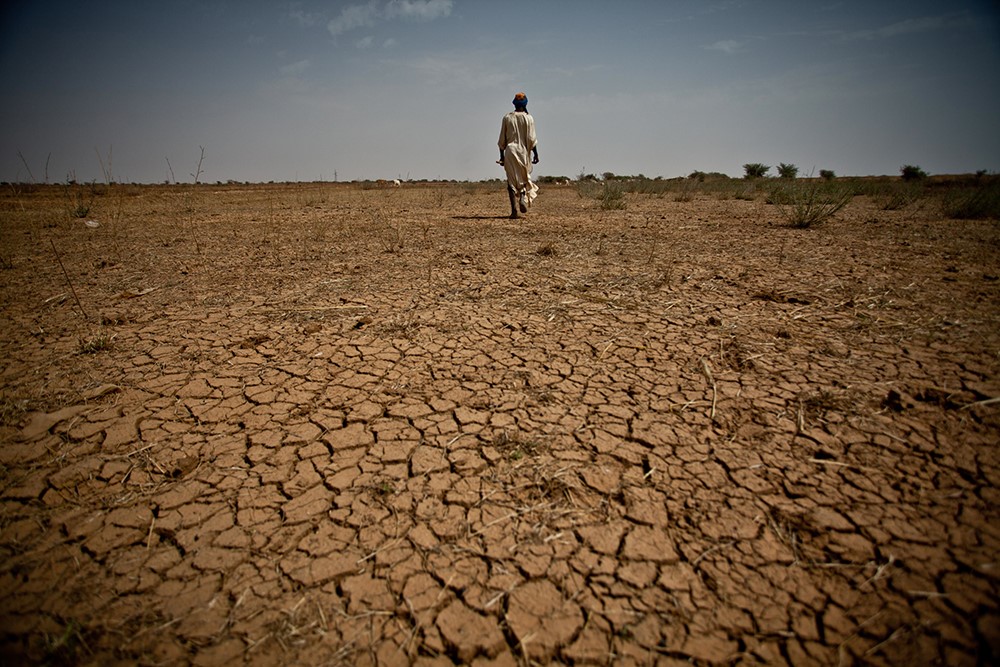
Rivers and Lakes – Reduced Climate Risks
-
Climate and disaster risks
-
Rivers and lakes
By 2030, we aim that €500 million is committed to enable nature-based solutions in freshwater wetlands, for climate mitigation and adaptation.
Climate change impacts in both urban and rural settings and from high mountains to the coast, are being feltess predictable fresh water availability and increased incidences of drought and flooding.
We will seek to ensure that freshwater wetlands are safeguarded and restored to act as nature’s water regulators, as a central strategy for addressing climate adaptation, combatting land degradation and reducing disaster risks.

We work to:
- Communicate the risks and opportunities that climate change and related adaptation measures poses to river and lake wetland resilience
- Promote Integrated Risk Management approaches (see box) to tackle the root causes of rising water risks across whole landscapes and basins, building in wetland nature-based solutions in climate adaptation and disaster risk reduction plans and investments
- Influence the design of water infrastructure schemes to help avoid maladaptive approaches that lead to wetland degradation – and advocate for incorporation of wetland nature based solutions
- Promote a systems approach to reduce urban water risks, enabling the design and implementation of inter-connected networks of natural and semi-natural wetlands, that store and regulate freshwater flows and provide a range of ecosystem services
- Bring attention to the role of river and lake systems in regulating carbon stocks and emissions and mobilise carbon financing for landscape restoration at scale
This will result in increased recognition of and investment in safeguarding and restoring freshwater wetlands as nature-based solutions to accelerate climate adaptation in relation to water risks, in both urban and rural environments.
